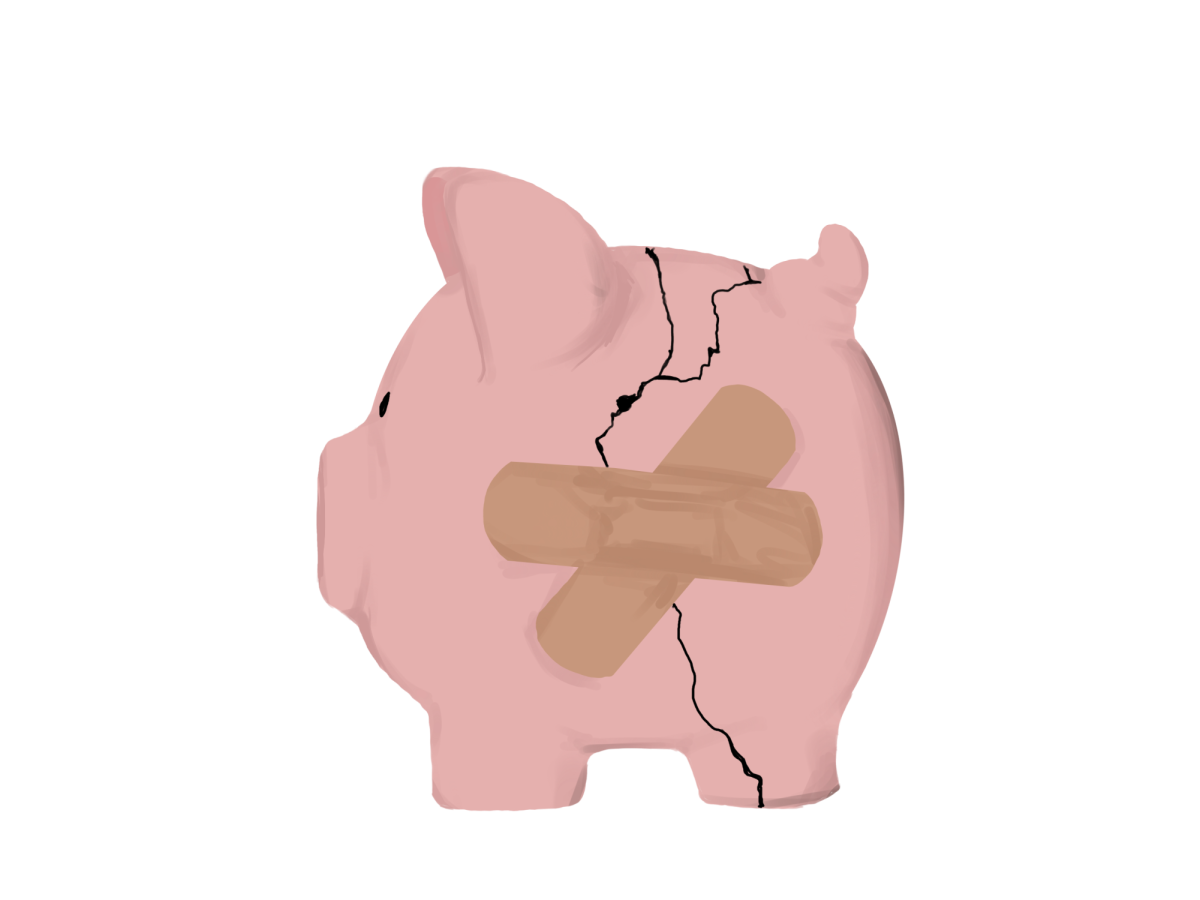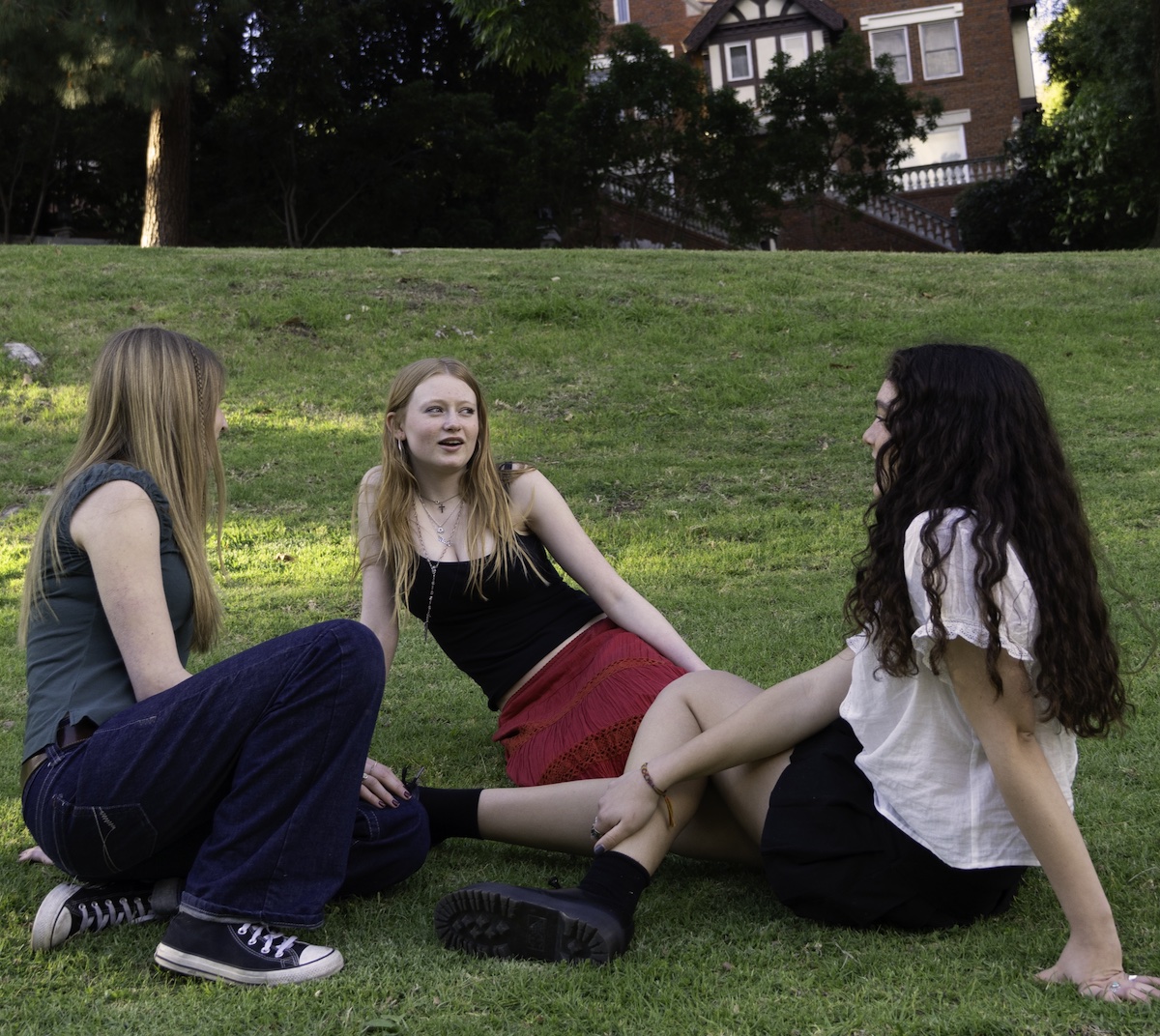By Amelia ’22 and Kylie ’22
Reality TV is a type of television programming that captures how real people behave in various conditions. The first reality TV show, “An American Family,” aired in the early 1970s. One of the reasons for the popularity of “An American Family” was its frank commentary on pertinent social issues present at the time it aired. The show aimed to close in on one family to document how social, cultural and technological changes in society have impacted people’s beliefs.
Reality TV Now
Today, reality TV is very popular, especially among teen girls. According to the New York Times, in 2010, 15 of the most popular 20 programs among young adults and teenagers were reality shows. Additionally, in a UV survey, 84% of Marlborough students reported that they watch reality TV. According to the survey, the most popular reality shows among Marlborough students are “The Bachelor,” “Queer Eye,” “Dance Moms” and “Keeping Up with the Kardashians.”
Reality TV is changing the perception of fame in modern society because “celebrities” no longer need traditional talent to become famous. Reality TV allows people to become famous based on their personality.
Marlborough History and Social Science Department Head Jonathon Allen said that pre-reality, fame was based on something more substantial, meaning you had to earn your fame.
“Nowadays, some people are famous for ridiculous reasons such as distributing roses to strangers, hoarding everything they’ve ever collected or being a housewife that isn’t afraid to turn a dinner table over, which is not something I believe we should celebrate in American culture,” Allen said.
Contestants often use these shows as a platform to gain exposure in the media to increase their popularity. One example is former Bachelorette contestant, Jedd Wyatt, who considers himself a rising musician. On his date with Hannah Brown on the Bachelorette, Jedd said that his first thought when considering joining the show was the large platform that the show could provide for his music. This statement led people to believe that Jedd intended to use his popularity from the show to boost his music career and gain fame. This, however, backfired because he quickly became one of the most disliked contestants when it was revealed that he had a serious girlfriend outside of the show.
Many other contestants on similar shows have gained a large fanbase as a result of their time on the show. It is conceivable that many aspiring actors, singers and performers, like Jedd, use reality TV shows solely to increase their popularity.
Fame
Nowadays, fame has shifted from talented celebrities who use their fame to sell content to those who gain fame from their popularity and personality on platforms such as reality TV shows. Fame has become more attainable for the average person. Reality TV shows provide the means for anyone, traditionally talented or not, to become famous.
Reality TV, while entertaining to watch, can have damaging effects on the behavior of its viewers, because the extent of the “reality” in reality TV is often deceiving. This is a result of the producers’ ability to prompt the contestants to say or do certain things, as well as edit the video to heighten tension and drama. According to Business Insider, “Writers craft plot lines, twisting and tweaking footage to create conflict and shape a story.”
The producers want to create drama because it is part of what makes these shows so popular. 37% of respondents to a UV survey watch reality TV because of the drama. To this extent, the personalities of contestants on the show are altered by the producer to become characters that fit a certain role on the show to add entertainment value.
Effects
The deception of reality can have a negative effect on many credulous younger viewers who are unable to decipher between real life and the actions seen in the shows. At Marlborough, that amounts to 65% of students who started watching reality TV before the age of 12 and 23% before the age of 10.
Director of Educational and Counseling Services Dr. Marisa Crandall said that there are a lot of destructive messages sent to young women in media, especially regarding women’s appearance, behavior and sexuality. A study conducted by The Girl Scout Research Institute states that 38% of girls who watch reality TV think that a girl’s value is based on how she looks.
Reality TV viewer Emma ‘25 agrees that watching reality TV shows can have a negative impact on young girls.
“Reality TV can make people jealous of the certain lifestyles seen in the shows,” Emma said.
According to a Penn State study, the effects of reality TV can be best described by the Social Cognitive Theory, which suggests that people learn not only through their own experiences, but also by observing the actions of others and the results of those actions. This suggests that viewers will be more likely to replicate the behavior seen by the contestants in reality TV, if the show makes it seem acceptable.
One difference between traditional and reality TV fame is that it is often the most contentious contestants who get the most media exposure. Their tendency to cause more drama on the show leads these contestants to get more screen time and exposure to media sources such as gossip magazines and websites. This correlation of troublesome contestants and fame could encourage the viewers to replicate this bad behavior.
“You need to be mindful about how reality TV affects you, and if it is not affecting you in a positive way, you should limit yourself,” Crandall said.
Crandall said she believes reality TV is not inherently bad, but viewers must be aware of the disconnection between reality and the drama and behavior seen in reality TV shows.
“Watching TV can be good because it allows down time where you are unplugged,” Crandall said. “You are receiving information that you don’t have to think about. It also provides a common ground for people to connect over certain shows. On the other hand, it displays a very truncated view of how you should look, how you should behave and what your options are.”










